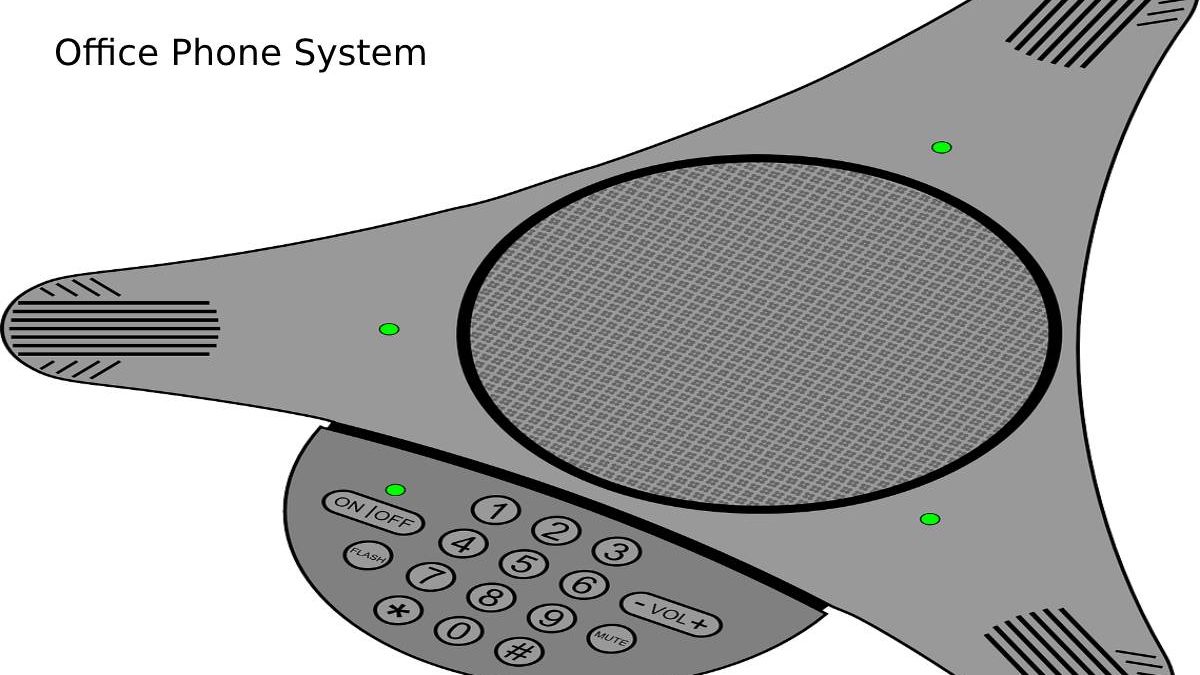Table of Contents
Introduction
Every business these days needs a office Phone System to get in touch with their customers. Yes, multiple channels serve the same purpose (live chat, social media, email, etc.). However, phones still account for 61% of all support interactions.
A desk phone system can make it easier to connect with your customers while reducing operational costs, improving security and increasing productivity. And it’s not just about communicating with customers. An office phone system also facilitates cross-team communication, performance analysis, and strategy review.
What Is An Office Phone System?
A desktop phone system is a network of hardware or software phones that enable complex telephony functions in a business environment using Internet Procedure and traditional phone lines.
Modern office phone systems allow you to connect with your customers anywhere in the world at a lower cost. In addition, thanks to the mobile application of the telephone operators, you can be associated.
Types Of Office Phone Systems
1) Legacy Public Switched Telephone Network (PSTN)
PSTN, also known as landline, has been used since the late 19th century. It uses underground copper cables to connect telephone calls. If you use the PSTN, you must install telephone lines throughout the office.
Although widely used worldwide, PSTN systems are not a good choice for businesses. You must have a separate line for each employee. And on top of the high cost of calls, you have to spend hundreds of dollars on maintenance every year.
2) PBX Phone Systems
The PBX (Private Branch Exchange) system remains a private telephone network that allows companies to manage an internal telephone system and use fewer telephone lines. You can switch calls between users on local bars, allowing all your employees to share a specified number of external phone lines.
PBX office phone systems are based on two components: the phone and the PBX. The phone connects to the PBX to complete the network. Also, the office phone system has some inherent features like call forwarding, call waiting, personalized greetings, etc.
What Makes VoIP Office Phone System Better Than Other Office Phone Systems?
1- Profitable
As mentioned earlier, VoIP uses a single voice and data network to deliver voice services and eliminates circuit-switched networks to reduce costs. It also makes long-distance calls with a VoIP provider cheaper.
Whether you’re looking for a minor office or business phone system, there’s a solution to fit your budget.
2- Call Forwarding
With VoIP office phone systems, you can forward calls to any number. It can be your colleague’s extension number, personal number, or another number of your choice. However, the caller only sees the dialled number and is not even notified that the call is being transferred.
3- Call Analysis
By tracking key call metrics such as call duration, number of incoming calls, outgoing calls, customer satisfaction, and more, you can better understand your agent’s performance and identify opportunities for improvement. Call analytics gives you a deep understanding of your operations and improves your services over time.
Who Needs An Office Phone System?
Regardless of your manufacturing or the size of your business, you need a desktop phone system to run your business efficiently. Here’s how a desk phone system can play a crucial role in various industries:
1. Computer And Software Company
We speak from personal experience as an IT company when we say that a sound office phone system can save up to 20% of your time interacting with customers. Features like IVR, welcome and hold messages, and 24/7 phone support give your customers a smooth and enjoyable experience.


